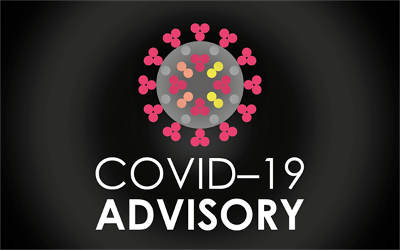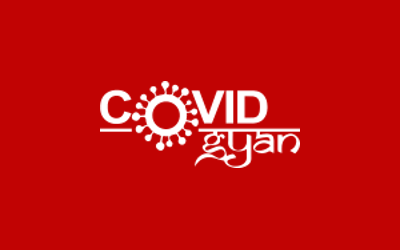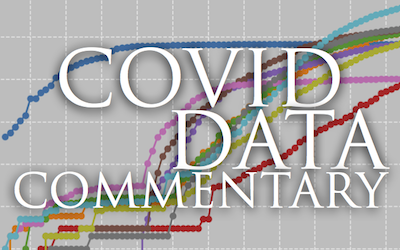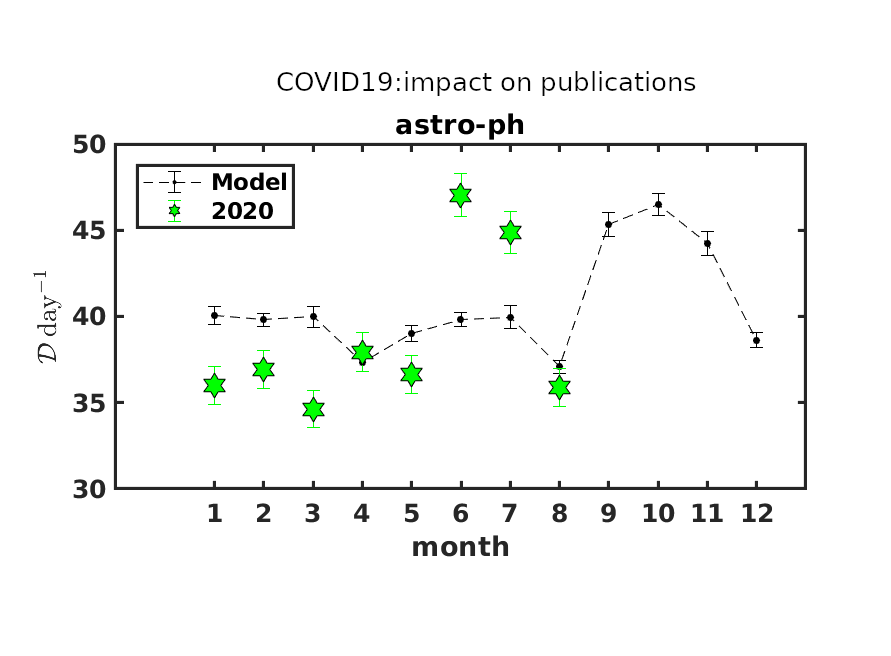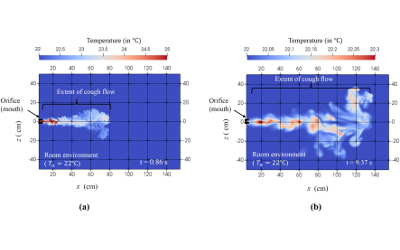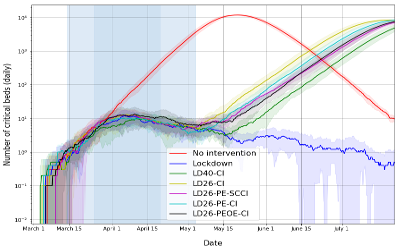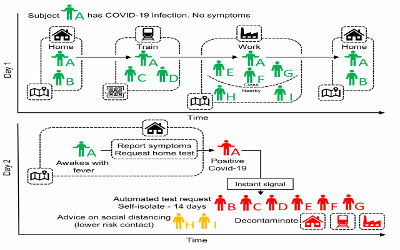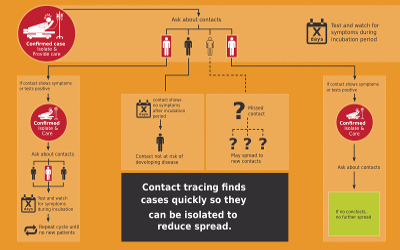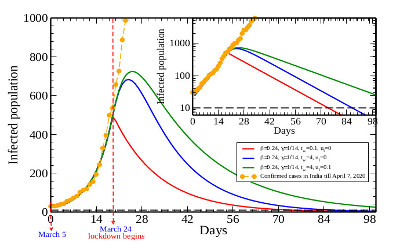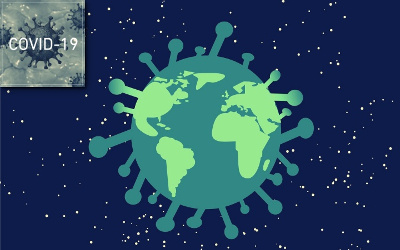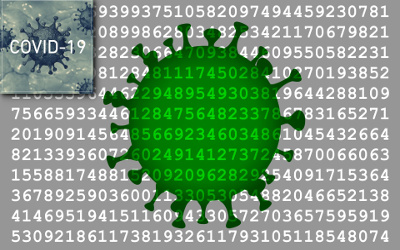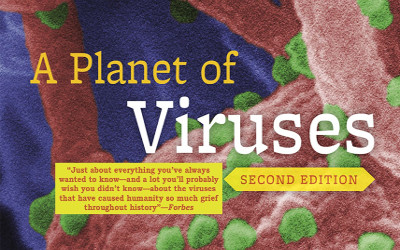Articles
In a recent paper, it is shown how the transmission dynamics of highly contagious respiratory diseases like COVID-19 (through coughing/sneezing) may be studied by using ideas of fluid dynamics and detailed numerical simulations.
In this latest preprint, Das, Dhar, Goyal, and Kundu, perform detailed analysis of an extended SEIR model with an emphasis on the different intervention strategies. Their findings, while generic in nature, are also adapted and interpreted in the Indian context.
A working report by the IISc-TIFR Covid-19 City-Scale Simulation Team with special focus on Bengaluru and Mumbai.
Ananya Dasgupta interviews Gautam Menon on different aspects of this pandemic.
This interview first appeared in the latest issue (Vol. VI, Issue 1) of the ICTS News.
K. Vijayraghavan, distinguished biologist, the principal scientific adviser to the Government of India and a member of the ICTS-TIFR management board, speaks about India’s efforts to fight the COVID-19 pandemic.
This article first appeared in the latest issue (Vol. VI, Issue 1) of the ICTS News.


